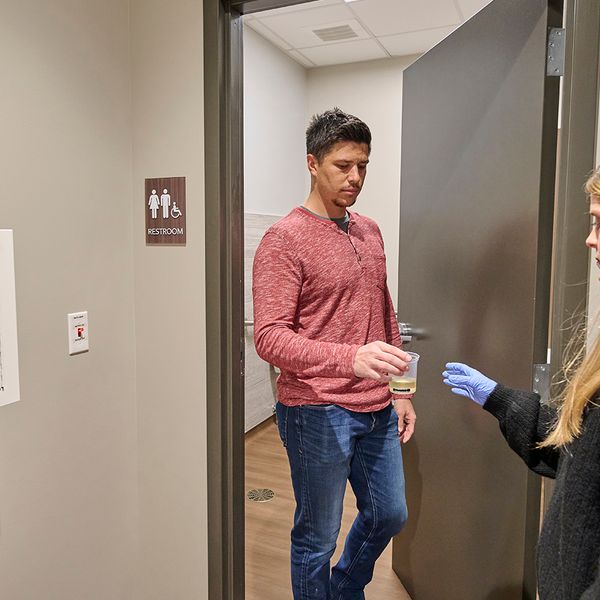Overlooked email leads to $5,600 DOT fine
Missing one small email could have big consequences when it comes to DOT compliance, as one owner-operator recently learned.
Last July, the North Carolina trucker was selected for a random drug test by the third-party administrator (C/TPA) running his testing program. The administrator sent the driver an email notifying him of the selection.
A failure to communicate
The next day, after failing to hear from the driver, the C/TPA sent a follow-up email and warned him that failure to contact them within 24 hours would be considered a refusal.
The company never heard back from the driver, so they deemed the test to have been refused.
Soon after that, the driver was audited. Investigators didn’t have to dig far to discover that he was still driving his truck well into August, despite the refusal back in July. The Federal Motor Carrier Safety Administration (FMCSA) served him a fine of $5,620 for violating 49 CFR 382.211. That rule prohibits motor carriers from allowing someone to drive if they have refused a drug or alcohol test.
So many emails
The driver appealed the fine and argued that he did not knowingly refuse, nor intentionally miss, the required test. He merely “overlooked the emails because he receives so many unnecessary emails, and he did not realize that he had received the emails,” according to a filing.
The FMCSA’s auditor countered that it was the driver’s responsibility to obtain information from his C/TPA, and — whether he simply overlooked the emails or actively refused the test — he was prohibited from driving once the test was deemed a refusal.
The judge hearing the driver’s appeal agreed with the auditor and denied the driver’s request for a hearing.
Avoid a similar fate
The FMCSA does not prohibit C/TPAs or motor carriers from using email to contact a driver about a test, they merely require drivers to be “notified.”
Relying on email alone may not be the best choice, however. As demonstrated above, email is easily missed, and the same can be said for text messages or other electronic communications. Drivers can (perhaps rightfully) claim that an email or text “never came through” or was overlooked.
If you don’t already, consider using phone calls or in-person discussions to notify drivers of their selection for random testing, at least as a follow-up method after an email or text goes unacknowledged. It may just prevent a hefty fine.
Key to remember: A truck driver was fined over $5,600 for driving after refusing a drug test, all due to missing an important email. Don’t rely on emails or text messages alone to notify drivers of random drug or alcohol tests.






















































